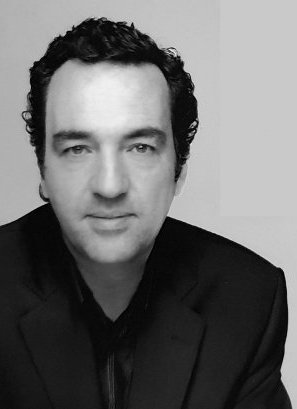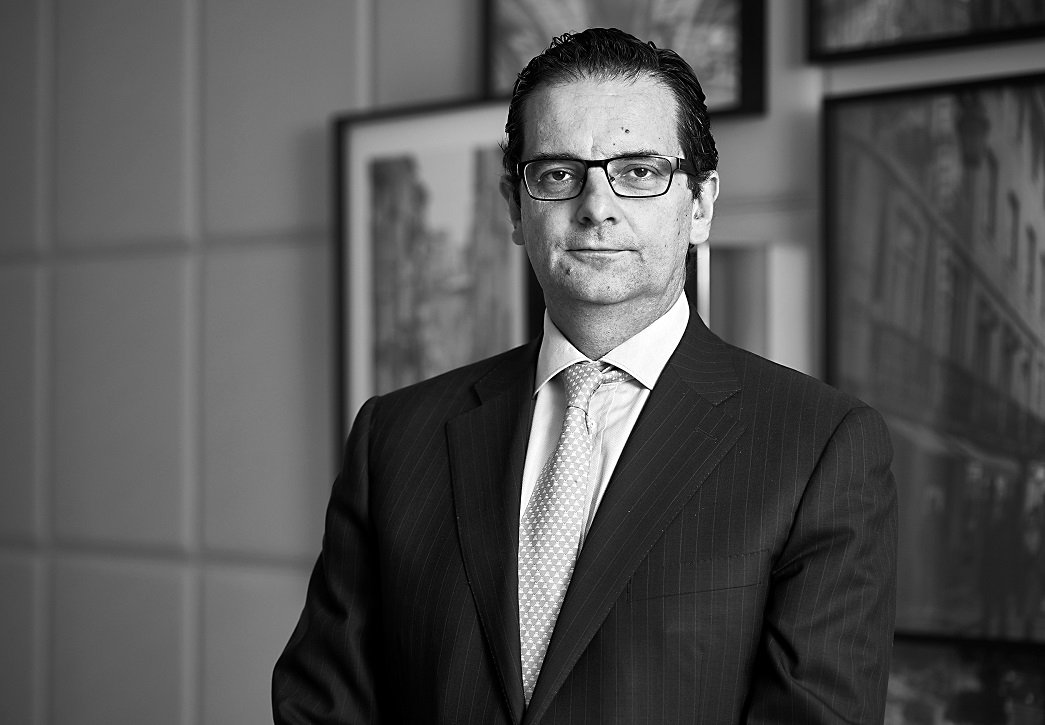
Júlio Magalhães

Joaquim Guerra
Jorge Marrão
Chairs the Farol Projecto and Missão Crescimento associations
He joined Deloitte in 2006, and is a partner of the company and responsible for consulting and corporate finance services dedicated to the real estate industries, among other functions. In addition to this, he has sat on several think tanks, and chairs the Farol Projecto and Missão Crescimento associations, with which he participates in the creation of ideas about the future of the country and its stance in globalisation. His economic analysis and ideas about society can still be read in the Jornal de Negócios or viewed on the programme online Think Tank, with Camilo Lourenço and Joaquim Aguiar.

You have sat on some think tanks, an area in which Portugal seems to be lacking. To what do you attribute to this lack of civic participation?
Civic participation cannot be decreed. In the previous regime, it was suffocated by restricting political rights. Under this regime, it is reduced by the strong dependence of the private sector and of its leaders with relation to the coercive and regulatory power of the state. At election time, parties pretend to listen to civil society. When in power, they use the most varied instruments to subdue it.
You have been a critic of the size of the state. Has the private sector been able to take on more responsibility?
This crisis has shown, at least, that a low and sustainable deficit is a must, left and right. The way you get it is different. The size of the state in terms of the tax burden is an ideological dispute that does not interest me at this stage of collective life. What worries me is the civic minority of us wanting the state to solve everything. We pay dearly for this paternalistic mentality we want from the state.
«I don’t confuse political activity with parties and parliament»
Is your move from think tanks to political activity a possibility?
I think it was George Orwell who said, in his time, that no one could say that «we can stay out of politics». The crisis was serious enough not to give us that luxury. Today is no exception. But I don’t confuse political activity with parties and parliament.
Is the real estate sector, which you a very familiar with, going through a good time?
Several factors have contributed to the good moment. The results appeared not longer after the risk of sovereign debt went down, coupled with a policy of low interest rates in the Euro Zone provided by the ECB, along with the effects of internal policies during the Troika period of wage restraint, which improved external trade relations. If we stay on the radar of world savings, with fiscal and regulatory stability, real estate prices will tend to evolve favourably.
How do you see the country in a decade?
If the country remains faithful to developments in Europe – although, like Europe, we do not know how to construct serious politics out of this crisis - it will continue on a path of growth, albeit always below European standards due to the lack of political courage left and right to reform.





